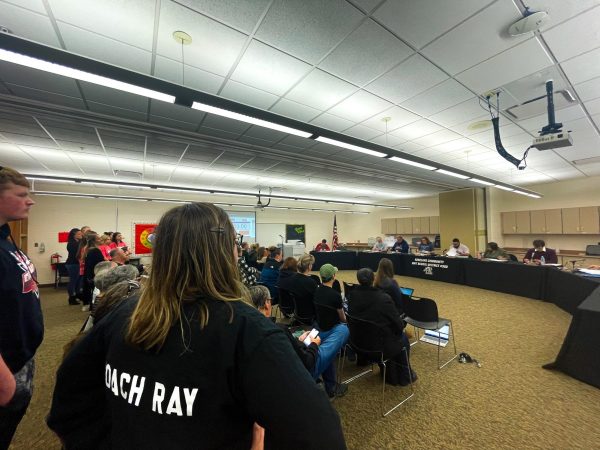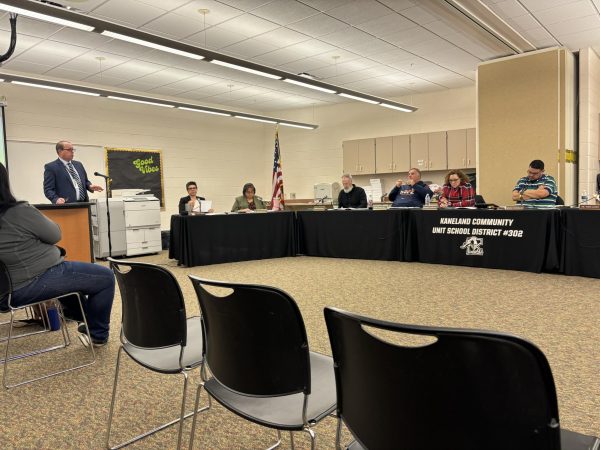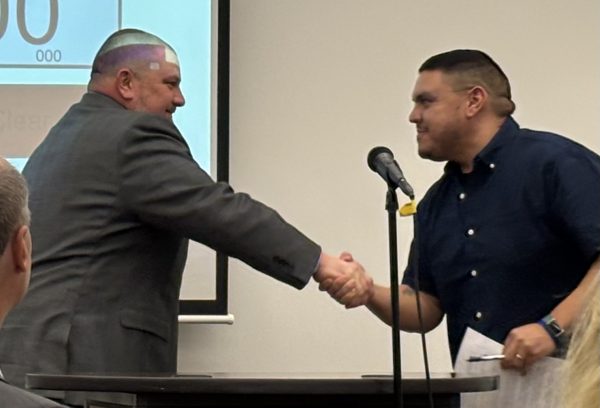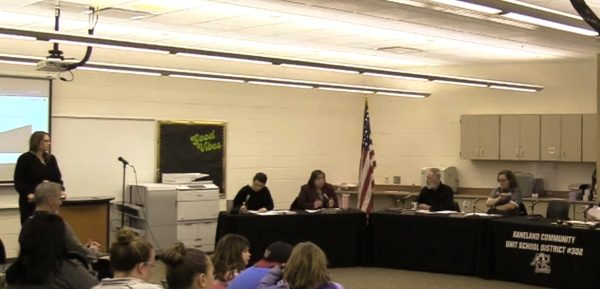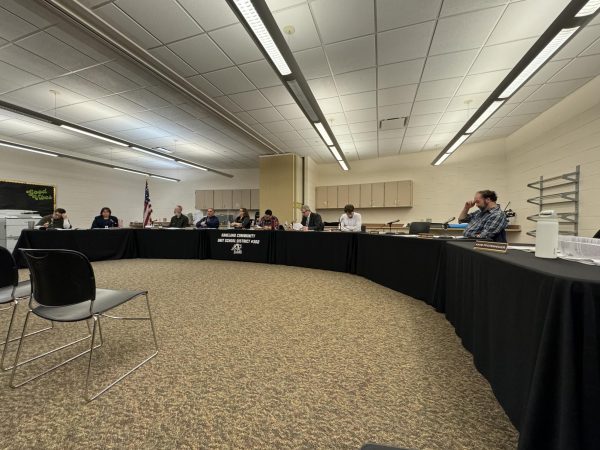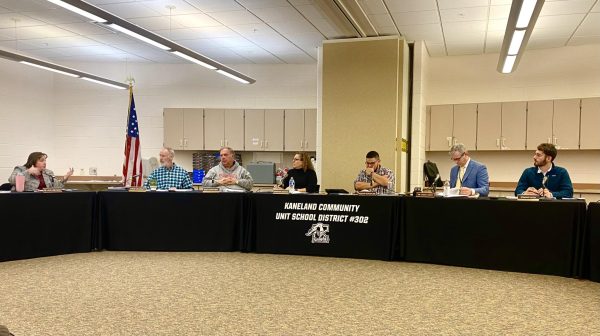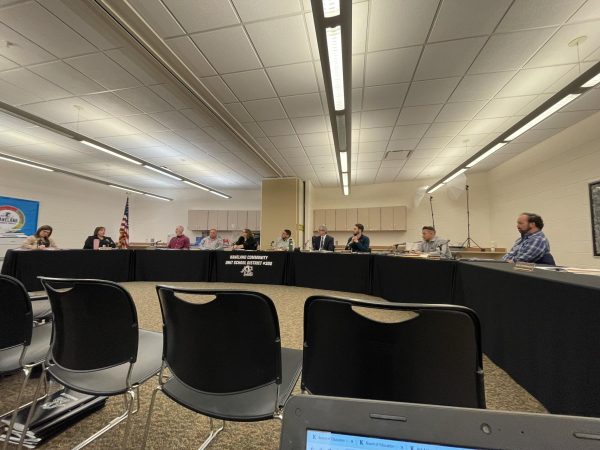State of Illinois passes bill on gay marriage
Photo By Source: Freedom to Marry International Association
The grap above shows the nation-wide and religion-wide expectant of gay marriage
As of Nov 7th Illinois’s legislature passed The Religious Freedom and Marriage Fairness Act, allowing same sex marriages.
This act states that the freedoms of marriage between couples of opposite sexes in the state of Illinois, also applies to same sex couples.
To pass the bill, there need to be a at least 60 votes to be passed. The bill was passed with a 61 to 54 vote, just enough to be legalized.
“I believe state by state it [gay marriage] will be legalized..” said sophomore Andriy McFarlin.
This was the first actual floor vote on the bill. This bill was brought about in May of this year but was never brought to the floor. The Illinois Congress is controlled by mostly democrats. This swaying the vote for the passing of the bill.
Illinois is the 16th state to allow same sex marriages while 34 states ban same sex marriages. The first state to allow gay marriage was Massachusetts as of May 17, 2004.
While the bill was being addressed, GSA (Gay Straight Alliance) members sent their opinions to the senators.
“We had a few students write postcards to senators asking for gay marriage in Illinois. It was nice to see how all their voices helped to make a difference,” GSA advisor Kristen Dombeck said.
According to Chicago’s Sun-Times publications, the National Organization of marriage was trying to “drive a wedge between gays and blacks — two key Democratic constituencies. Find, equip, energize and connect African-American spokespeople for marriage, develop a media campaign around their objections to gay marriage as a civil right and provoke the gay marriage base into responding by denouncing these spokesmen and women as bigots. No politician wants to take up and push an issue that splits the base of the party.”
The plan had failed when it came time to vote on the bill. 14 of the 20 democratic members voted yes and only four voted no.
As soon as the bill passed many people began to complain about how the there would be discrimination in the workplace would be an underlying problem.
“ Having different titles for this, is it really different or is it just similar,” said McFarlin



